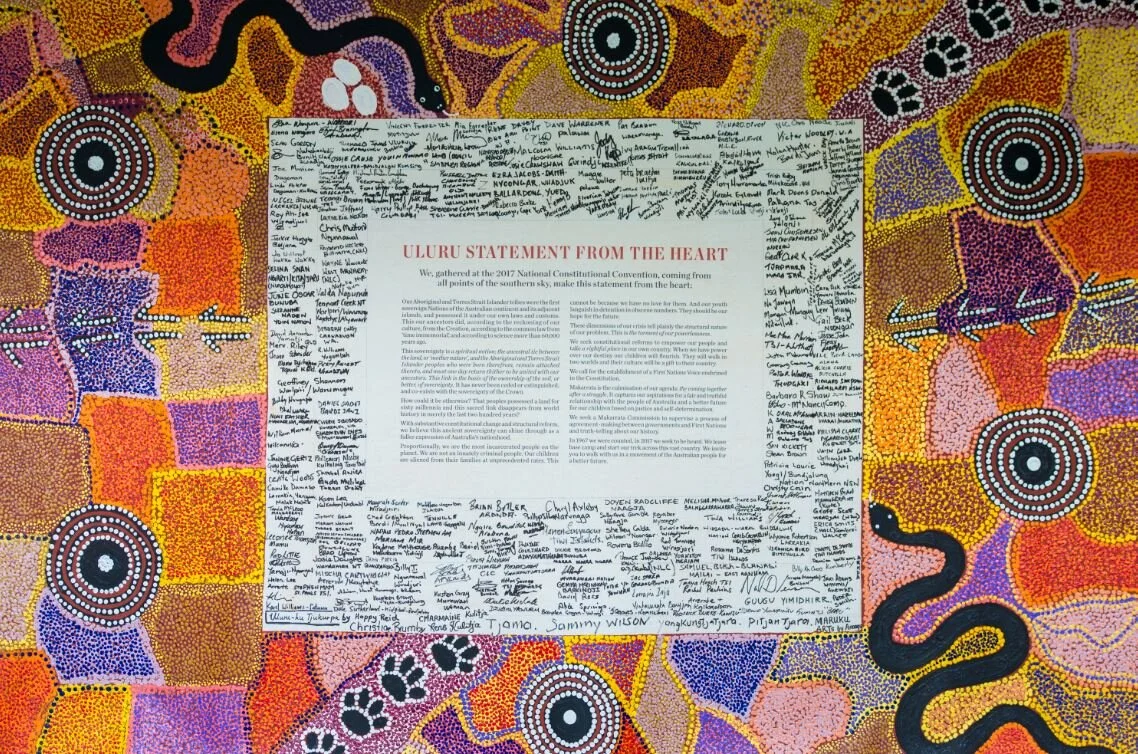Professor Gemma Carey passed away in November 2024 after a long illness. Alongside her distinguished academic career, she co-founded Power to Persuade in 2011 and was its co-director until 2018. She built a collaborative, volunteer-run and genuinely co-produced enterprise with extensive reach and influence that continues to promote understanding and communication across four key groups of stakeholders involved in designing, implementing, studying and navigating social policy – government, academics, the community sector, and people whose lives are directly affected by it. In co-founding Power to Persuade, Gemma made a notable and lasting contribution to research and practice in social policy in Australia and internationally. Here, five people who were part of that journey – Kathy Landvogt, Susan Maury, Sue Olney, Sophie Yates and Tanya Corrie - reflect on her legacy.
Read MoreKatie Moon, Sophie Yates, Maureen Thompson and Corey Callaghan have recently published some research in People and Nature about frogs, citizen science, and agential realism. Here they explore their findings about how we can think more relationally in the field of citizen science.
Read MoreWithin mental health research and service delivery, involvement of experts by experience has become increasingly common. The involvement of experts by experience allows for the design and delivery of research that is of higher quality and more rigorous.
Transitioning out of youth-focussed lived experience groups is a matter that is not well understood and, for many reasons, complex. It can be difficult to transition from the role of being a young contributor to research into a professional in the Public and Patient Involvement space. Working in lived experience roles, either as ‘lived experience practitioners’, ‘peer support workers’, ‘PPI facilitators’ or ‘involvement officers’ can be complex and the relationships you hold in these spaces vary depending on your positioning within either the group or the organisation (Carr, 2019).
In this blog we explore the experience of Beckye, a former Youth Advisory Group (YAG) member for the University of Birmingham’s Institute for Mental Health as she begins the making this transition into an employee in a Youth Involvement Officer. The blog takes the form of responses to an with Beckye (Youth Involvement Officer) and Niyah (Senior Patient and Public Involvement and Engagement Lead). The interview offers early reflections that may be of use to organisations or individuals who may be supporting folk undertaking these transitions or in the process of negotiating the transition themselves.
Read MoreMy first experiences of co-production were in the national youth charity Woodcraft Folk (WCF). An organisation founded on principles of co-operation and youth empowerment whose trustee board has included a majority of young people for more than 20 years [1] [2] [3]. From joining, age 8, I was given responsibilities which contributed to collective aims. Co-producing events and campaigns with my peers in the self-organising 16-20 year old section were formative experiences [4]. Age 22, I began working at the head office as a youth empowerment development officer. My role was to support a steering group of young(er) people to run leadership training, improve representation in the organisation, and to have fun (allegedly then the only big lottery funded youth programme using ‘fun’ as an outcome measure!). Of course, it wasn’t perfect co-production - the holy grail – but, in these roles I witnessed the ‘magic’ and ‘electricity’ often spoken about in relation to co-production.
Read MoreFew people are aware of co-design’s political roots. The concept first emerged in Scandinavia in the 1970’s through union insistence that workers be included in the major restructuring of their industries as a way of “emancipating workers at the workplace” (p. 145). Central in its philosophy is the tenet to equalise power as a prerequisite for true collaboration. For International Women’s Day, Summer May Finlay (@SummerMayFinlay) of University of South Australia explains why the government has shown bad faith in failing to adopt the full recommendations from the Uluru Statement from the Heart. As long as full citizen rights are withheld from Aboriginal and Torres Strait Islanders, women’s rights will also fail to be achieved.
Read MoreIf you can’t quite get a grip on co-production, you’re not alone. Much of the literature dating back as far as 1984 suggests that it’s something of a greased pig and that efforts to define it end up like a policy pig scramble. Is it democratic citizen involvement public services? Is it individual, ‘responsibilised’ health and social care consumerism? Is it power shifting to communities through participatory governance? Some authors have said that ‘neither on the level of interactions between organisations nor on the level of servicing users, has co-production a fixed meaning’ and others have noted its ‘excessive elasticity.’ Perhaps it’s the ultimate post-modern policy concept. Dr Sarah Carr of the Institute for Mental Health at the University of Birmingham asks can it work for mental health?
Read MoreMental health problems in young people are increasing. Suicide remains a leading cause of death in those aged 15-24 worldwide. The majority of mental health problems develop before the age of 25 but have their roots usually in childhood and teenage years. If left untreated, mental health problems can persist into adulthood with poorer prognosis and greater disability over the life course. In this blog post, Maria Michail, Jo Robinson, Tina Yutong Li, Sadhbh Byrne explore how primary care services can become more accessible and acceptable to vulnerable young people. This post has been co-produced with young people with lived experience of mental-ill health and highlights the importance of making primary care health services more accessible, acceptable and equitable for vulnerable young people.
Read More






